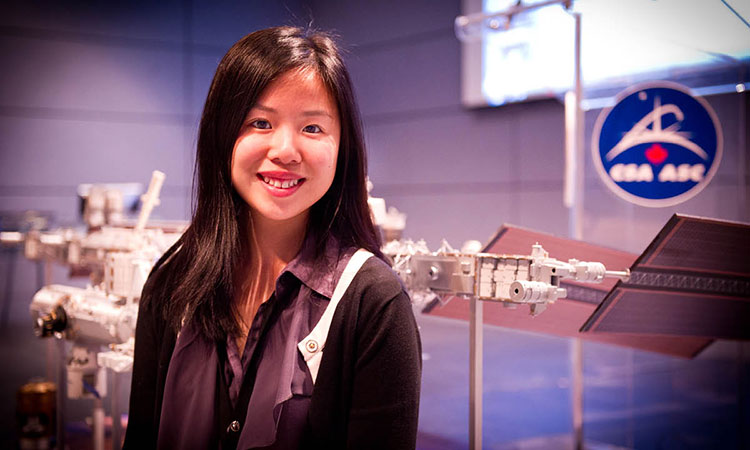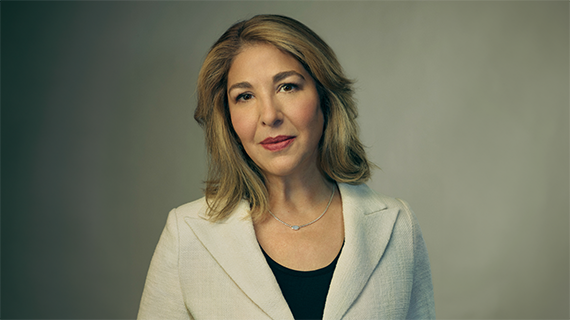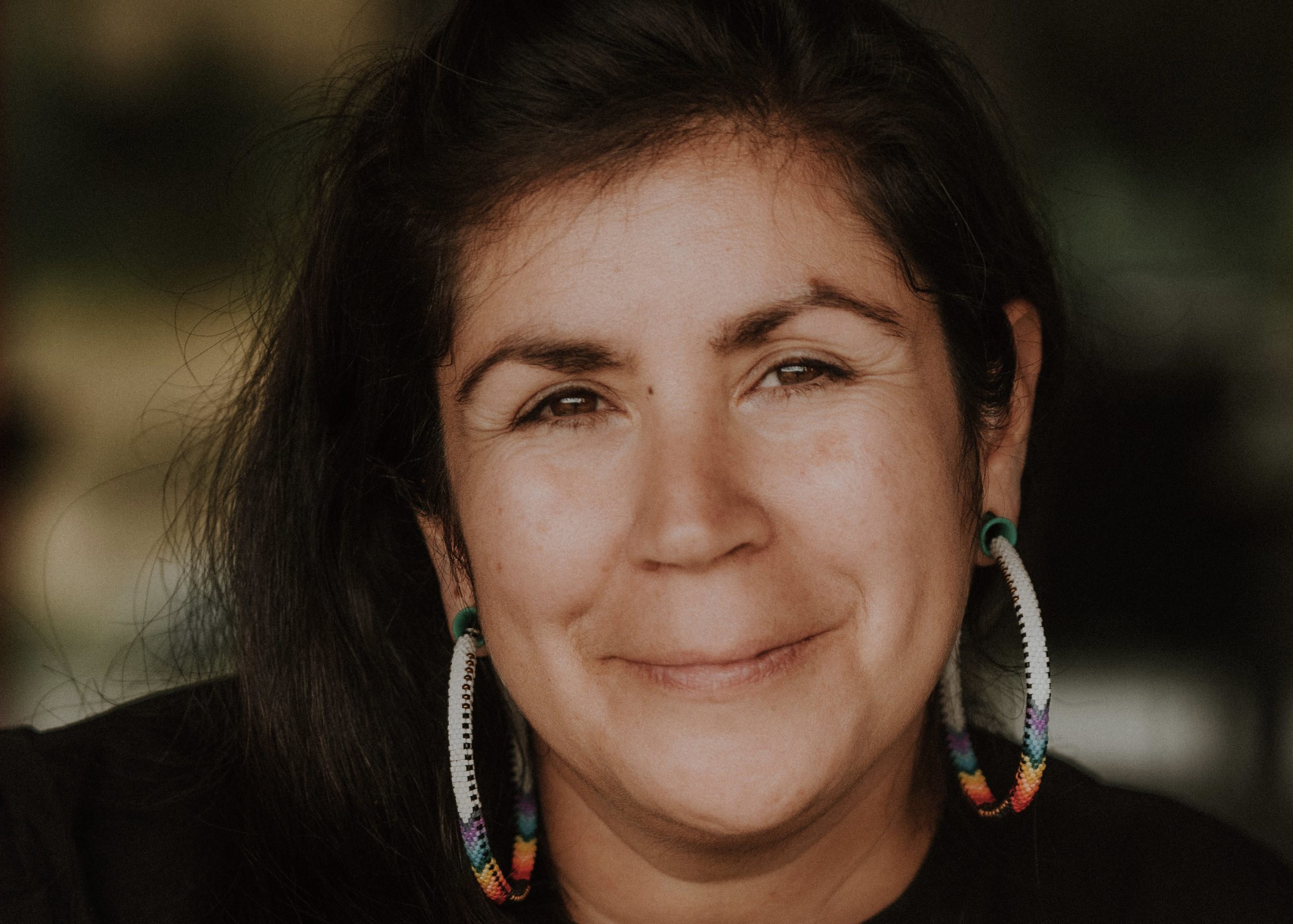

By Basil Waugh
As Canadian astronaut Chris Hadfield floats through the cosmos, UBC psychology student Eva Kwan is working to keep him connected to Earth.
Eva Kwan is part of the Canadian Space Agency (CSA) team helping Hadfield meet the psychological challenges of life in space. In a long-distance relationship like few others, Kwan serves as Hadfield’s lifeline home from the International Space Station (ISS), thanks to the marvels of technology.
Kwan, who grew up with a passion for space and psychology, performs a variety of jobs designed to keep Hadfield happy and healthy. Her favorite task is helping his family prepare care packages, which are blasted into space on unmanned supply ships.
“Nothing is more surreal than touching something you know is going into space,” says Kwan, 21, referring to the Canadian food specialties she’s helped send, including tubes of maple syrup and salmon.
To keep the astronaut abreast of planetary happenings, Kwan arranges regular web conferences with family, friends, celebrities and public figures. She also serves as Hadfield’s personal culture shopper, uploading news and his favourite podcasts, movies, music and TV shows to a personal website for his downtime.
Kwan works with a host of experts – doctors, psychologists, nutritionists – as part of CSA’s Operational Space Medicine team, which has spent years preparing for Hadfield’s mission. Their goal is to help him withstand the mental and physical challenges that come with five months in orbit: lack of privacy, confinement to small spaces, isolation from family and culture – even muscle and bone loss from microgravity. Without training and support, these effects can hinder performance and eventually jeopardize a mission.
“We want Chris and his crew to feel connected,” says Kwan, who proudly sports her UBC t-shirt around Montreal and its suburbs, where CSA headquarters reside. “Care packages, movies and shows are important for fostering group relationships and crew bonding,” she says.
Kwan, who is researching crew cohesion under Leena Tomi, CSA’s Human Behaviour and Performance Lead, says her co-op experience has truly been out of this world. “I grew up loving space and psychology, but wasn’t aware space psychology even existed,” she says, crediting a UBC Arts co-op program mentor for suggesting CSA. “It showed me the power of university alumni and networking. Now I can work towards becoming the first Asian-Canadian space psychologist.”
As a young girl, Kwan idolized Canada’s first female astronaut Roberta Bondar, and still finds old space articles she clipped at her parents’ home in Vancouver. “She symbolized how women can achieve anything and is a personal hero of mine,” she says.
Her relationship with psychology is equally personal. “I saw a psychologist when I was younger, and I was amazed there was someone whose job it was to make me happy. I wanted to be that person for other kids when I grew up.”
Kwan will return to UBC in September, but is focusing on seeing the current mission through to Hadfield’s safe return to Earth, scheduled for May 14. Until then, she will enjoy the personal growth and camaraderie – and of course, the undeniable coolness of space. “I love getting emails from Chris,” she says. “Email is way cooler when it comes from space!”
Read UBC Reports’ full interview with Kwan, one of 4,000 UBC students who participated in paid co-op placements this school year with such companies as Apple, Google, Microsoft, Disney and Time Warner. Learn about UBC co-op programs at http://www.coop.ubc.ca.
Follow Hadfield on Twitter at @Cmdr_Hadfield. Learn more about the Canadian Space Agency: http://www.asc-csa.gc.ca/eng/default.asp.


